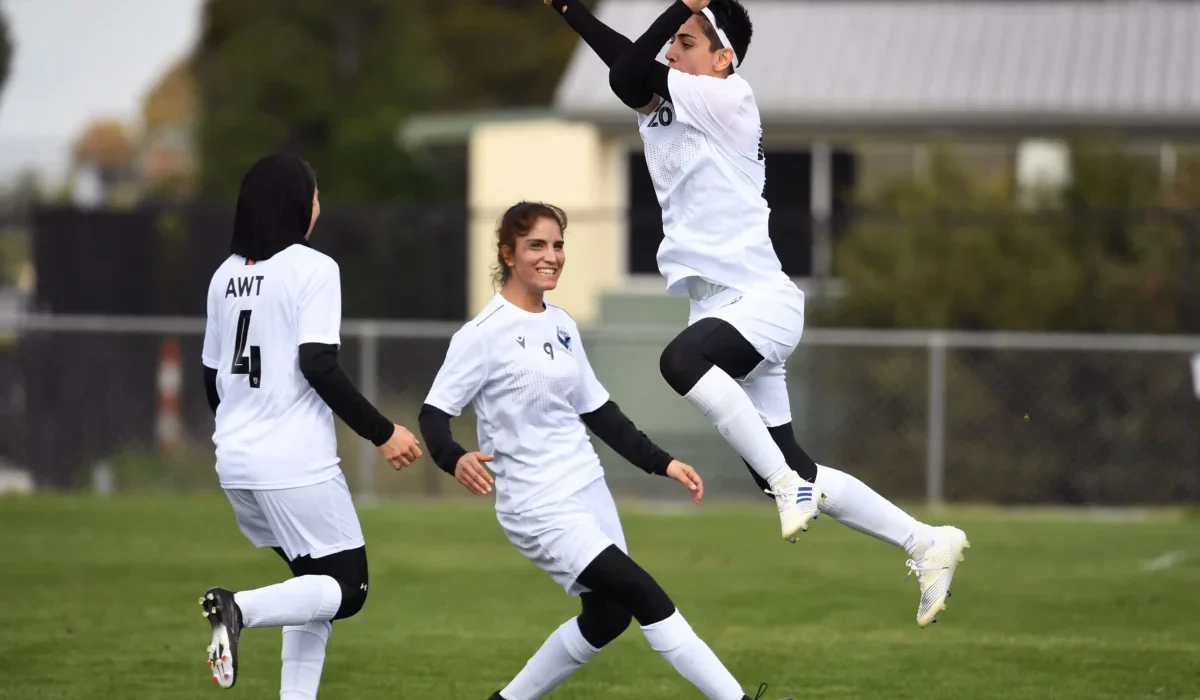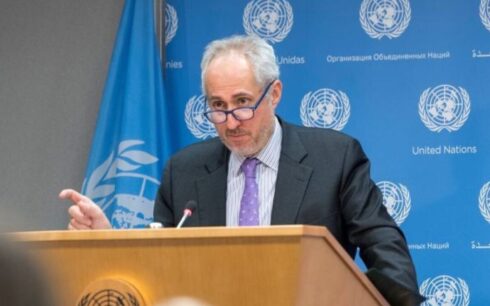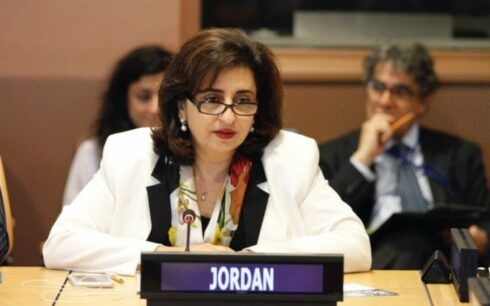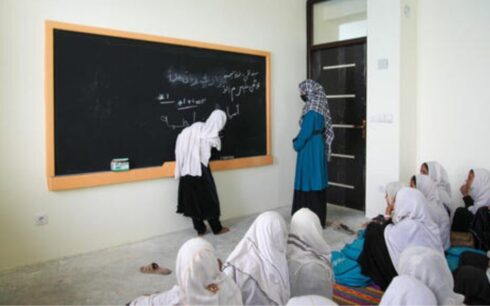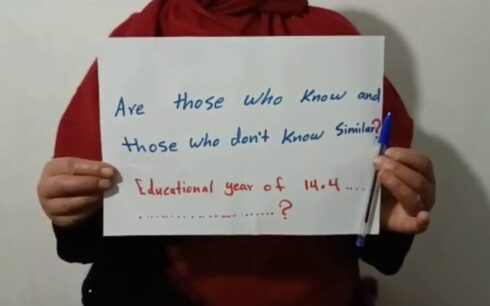LONDON — Human rights groups are calling on FIFA to end the effective exclusion of the Afghan women’s national football team from international competition, citing ongoing discrimination and the failure to act in the face of Taliban restrictions.
In a report released Tuesday, the Sport & Rights Alliance urged the Fédération Internationale de Football Association to formally recognize the Afghanistan Women’s National Team, most of whose players have lived in exile since the Taliban takeover in 2021. The report comes just two days before the draw for the 2026 AFC Women’s Asian Cup qualifiers, which also serve as a gateway to the 2027 Women’s World Cup — a tournament the Afghan women’s team will miss for the second consecutive cycle.
“Though the Afghanistan Women’s National Team escaped the Taliban in 2021, the shadow of systematic gender discrimination continues to follow them across borders, denying them their rightful place on the international stage,” said Samira Hamidi, South Asia campaigner at Amnesty International. She and others have called on the United Nations to investigate the Taliban’s treatment of women as crimes against humanity.
The report, titled “It’s not just a game. It’s part of who I am: Afghan Women Footballers’ Fight for the Right to Play,” outlines how the team — once a symbol of progress in post-Taliban Afghanistan — was targeted for reprisals after the Taliban’s return to power. Though players were evacuated to countries including Australia, Portugal, the United Kingdom and the United States, many remain ready and eager to compete internationally under the Afghan flag.
But FIFA regulations currently require official recognition from the Afghanistan Football Federation — a body now controlled by the Taliban, who have imposed a sweeping ban on women’s sports.
“Right now, the game is at halftime, and the Taliban think they are winning,” said Khalida Popal, founder of the Afghan women’s team and of the Girl Power Organization. “If FIFA would change its rules and let us play, we could show the world that Afghan women and girls belong in sport, in school and everywhere in society — and we will not be defeated.”
Players and advocates have campaigned for more than three years for FIFA to intervene. In a letter dated March 21 and shared with the Sport & Rights Alliance, FIFA said it had developed a plan to provide football opportunities for Afghan women both inside and outside the country, but it stopped short of committing to official recognition of the team or outlining any financial support.
“The Afghanistan Women’s National Team has shown remarkable resilience since its establishment — even in the face of harassment, abuse and death threats, and being forced to leave their homes and build new lives,” said Joanna Maranhão, coordinator of the Sport & Rights Alliance’s Athletes Network for Safer Sports. “Restoring the team’s ability to access training and represent their country would be an important form of remedy, as required under international human rights law.”
FIFA statutes prohibit gender discrimination and commit the organization to promoting women’s football. Member associations are required to uphold these standards and may face sanctions for violations.
Andrea Florence, executive director of the Sport & Rights Alliance, said FIFA’s willingness to engage is welcome, but not sufficient.
“It is great to hear that FIFA is working to promote playing opportunities for the players,” she said. “But we remain hopeful that they will decide to officially recognize the team and allocate financial support as it does to other member associations.”
Through its Forward Development Programme, FIFA provides up to $9.2 million over four years to each of its 211 member associations. Advocates argue that Afghan women players in exile are entitled to similar funding to support training and participation in international tournaments.
The campaign has drawn widespread attention, including support from Nobel Peace Prize laureate Malala Yousafzai and nearly 200,000 signatures on a petition calling on FIFA to recognize the team.
“For these athletes, football is not only their passion but a fundamental act of resistance against the Taliban,” said Fereshta Abbasi, Asia researcher at Human Rights Watch. “FIFA’s recognition of and support for the team would be a powerful statement that Afghan women’s rights cannot be erased.”
The International Olympic Committee recently acknowledged an Afghan Olympic Committee in exile for the upcoming Paris 2024 Games, allowing Afghan women to compete independently of Taliban restrictions. United Nations experts described the move as a “welcome start,” and called on other sports bodies to follow suit in supporting Afghan women athletes around the world.

